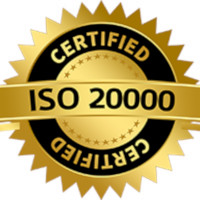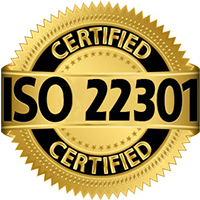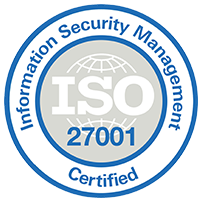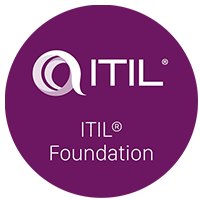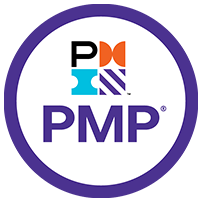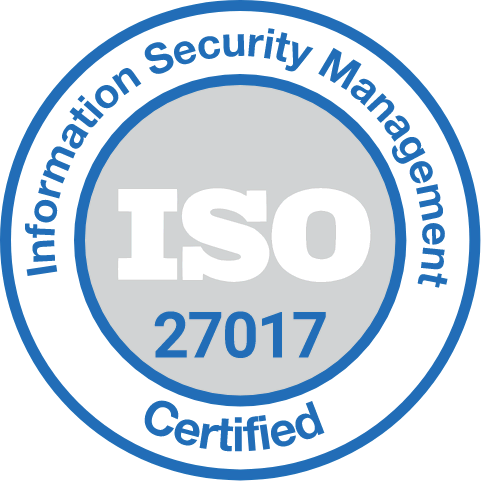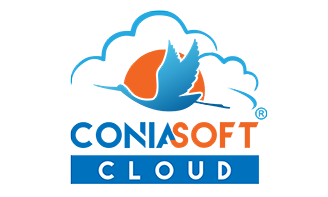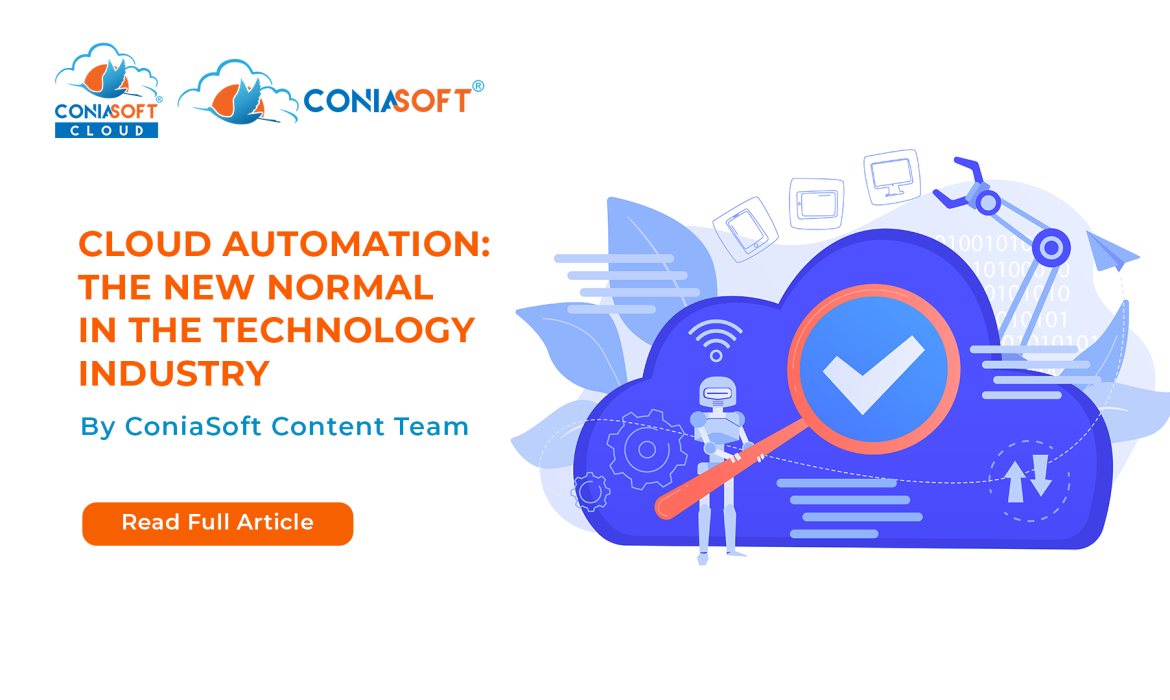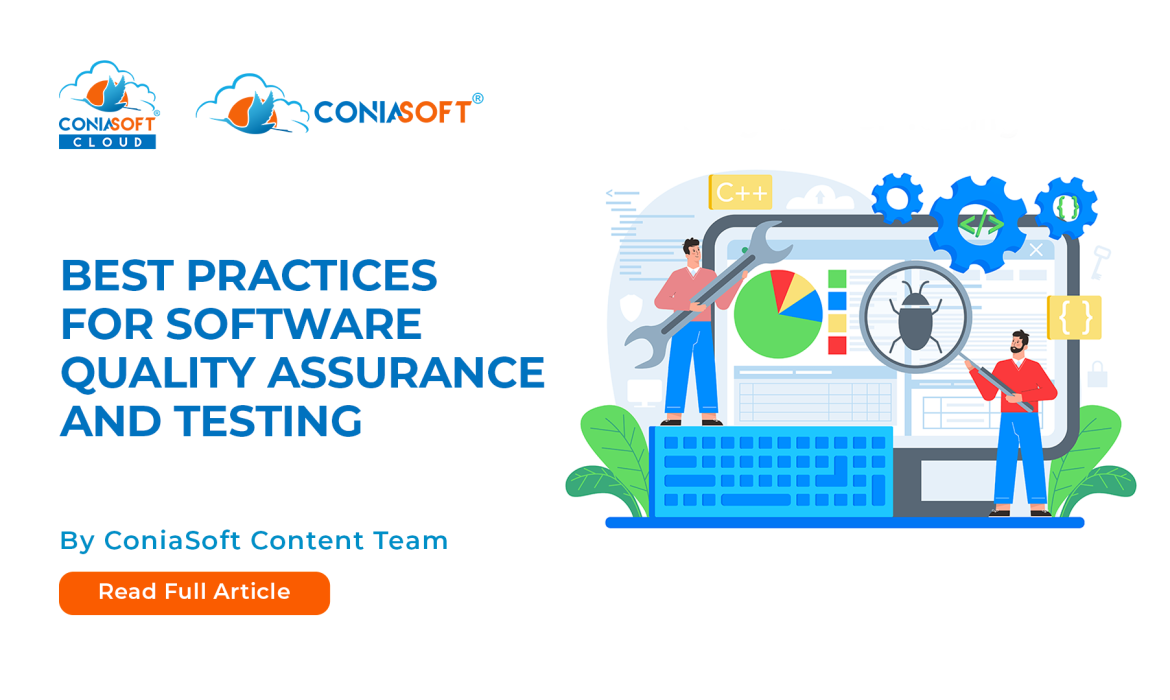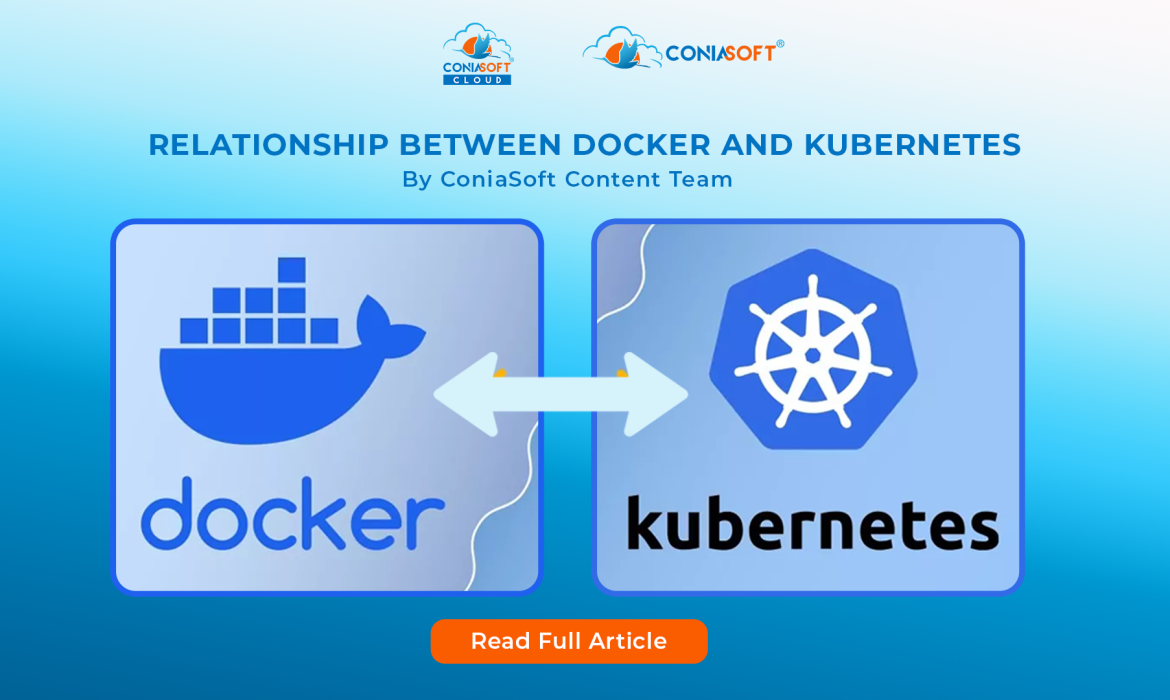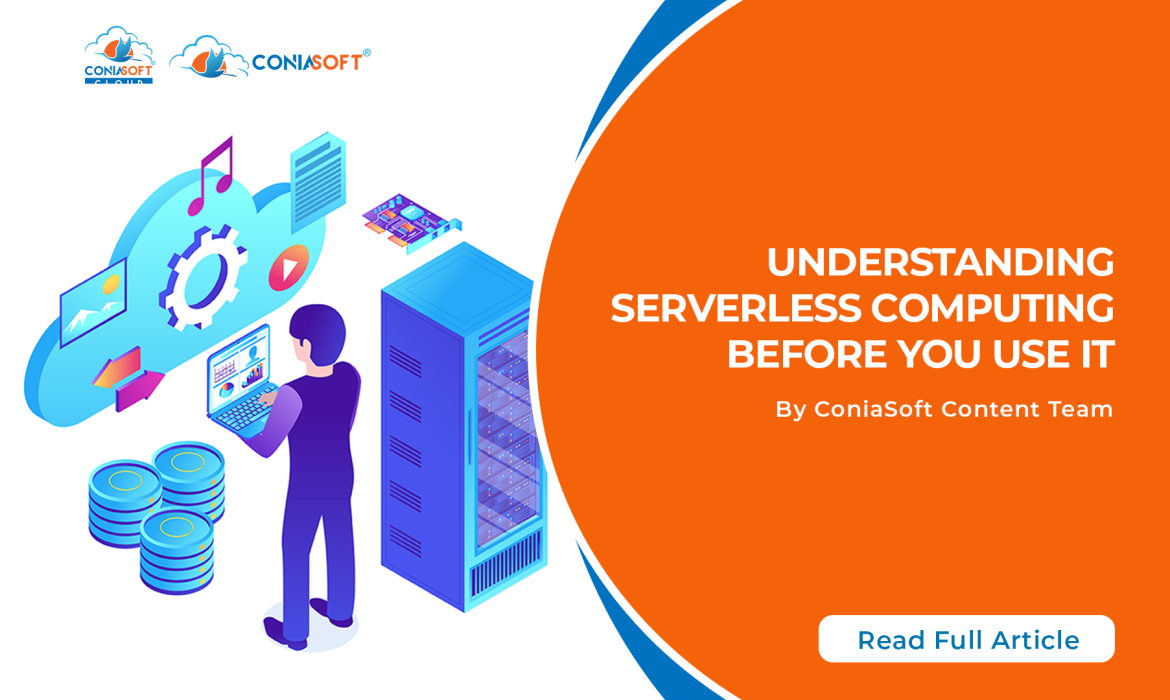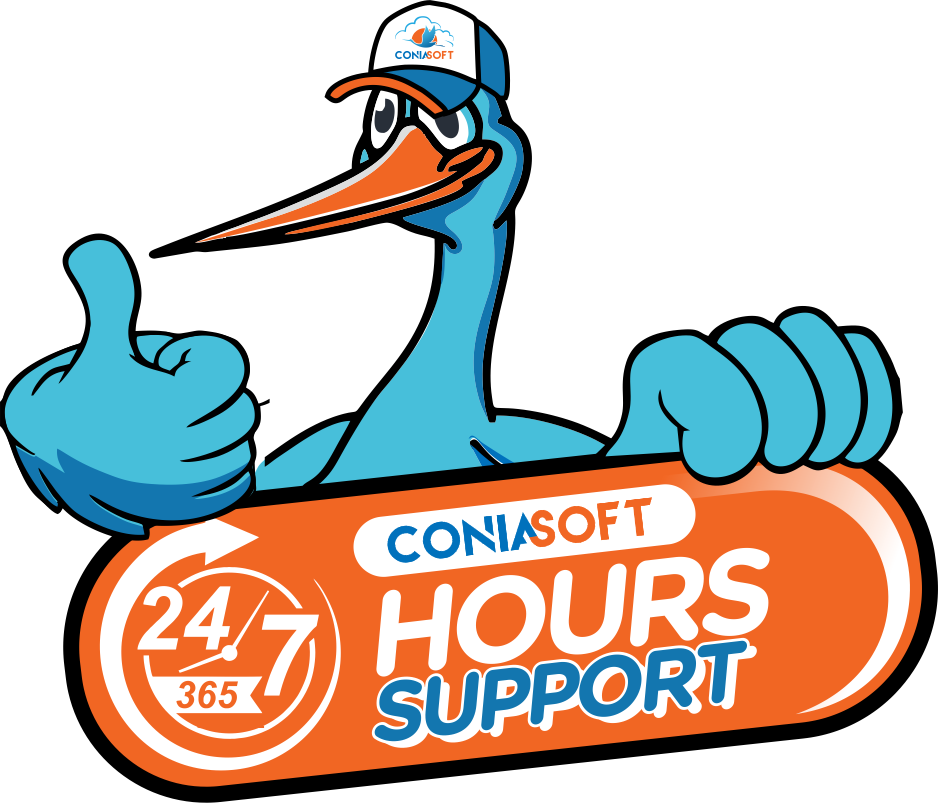CLOUD AUTOMATION: THE NEW NORMAL IN THE TECHNOLOGY INDUSTRY
Cloud automation is a collection of processes, best practices, and technologies that help engineers save time and effort while configuring, administering, and optimising cloud resources and services. Cloud automation aims to speed the supply of cloud infrastructure resources in response to customer demand. Manually scaling, provisioning, and configuring cloud resources frequently lead to errors that might impact availability or performance. Solution? Automation in the cloud. Continue reading this blog post to learn about the most influential cloud automation use cases in the tech industry, as well as the key features of modern cloud automation technologies.
BEST PRACTICES FOR SOFTWARE QUALITY ASSURANCE AND TESTING
Monitoring and enhancing the software development process to ensure the end product meets or exceeds user expectations in terms of functionality, stability, performance, security, and usability is known as software quality assurance (SQA). SQA entails various actions, such as testing, code reviews, and continuous integration, to identify and address faults and ensure the high quality of the software product. With the development of digital transformation and the increasing demand for consistent user experiences, software quality assurance is more crucial than ever. To guarantee that their products fulfil user expectations and remain competitive, businesses must stay current on the newest trends and best practices in software testing.
RELATIONSHIP BETWEEN DOCKER AND KUBERNETES
Which is preferable—Kubernetes or Docker—and is there even a choice to be made? Two names stand out as open-source leaders in container technologies: Kubernetes and Docker. Although they are fundamentally dissimilar technologies that aid users in managing containers, they work best together and have considerable capability alone. In this sense, choosing between Kubernetes and Docker isn’t a matter of deciding which is superior; in fact, they can work together rather than against one another. Therefore, neither is a better option when deciding between Kubernetes and Docker. Instead of replacing one another, Kubernetes and Docker are complementary container technologies. This is because Kubernetes announced in 2021 that it would stop supporting Docker as a choice for container runtimes. Despite this, Kubernetes and Docker continue to work well together and provide obvious advantages, largely because of the containers’ core technology.
UNDERSTANDING SERVERLESS COMPUTING BEFORE YOU USE IT
I have little doubt that many of you have heard of and perhaps even used serverless computing in your projects. In this blog article, I’ll discuss ideas on serverless computing, including what it is, what you should know before utilising it, and applications for it.
